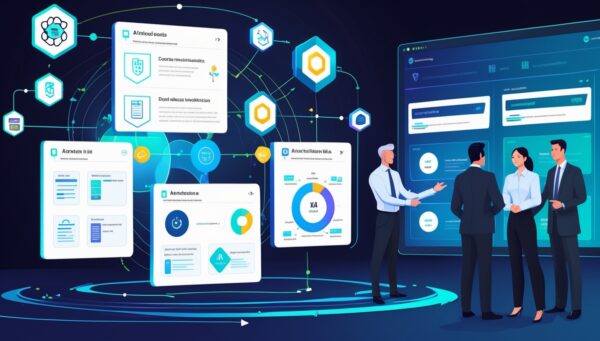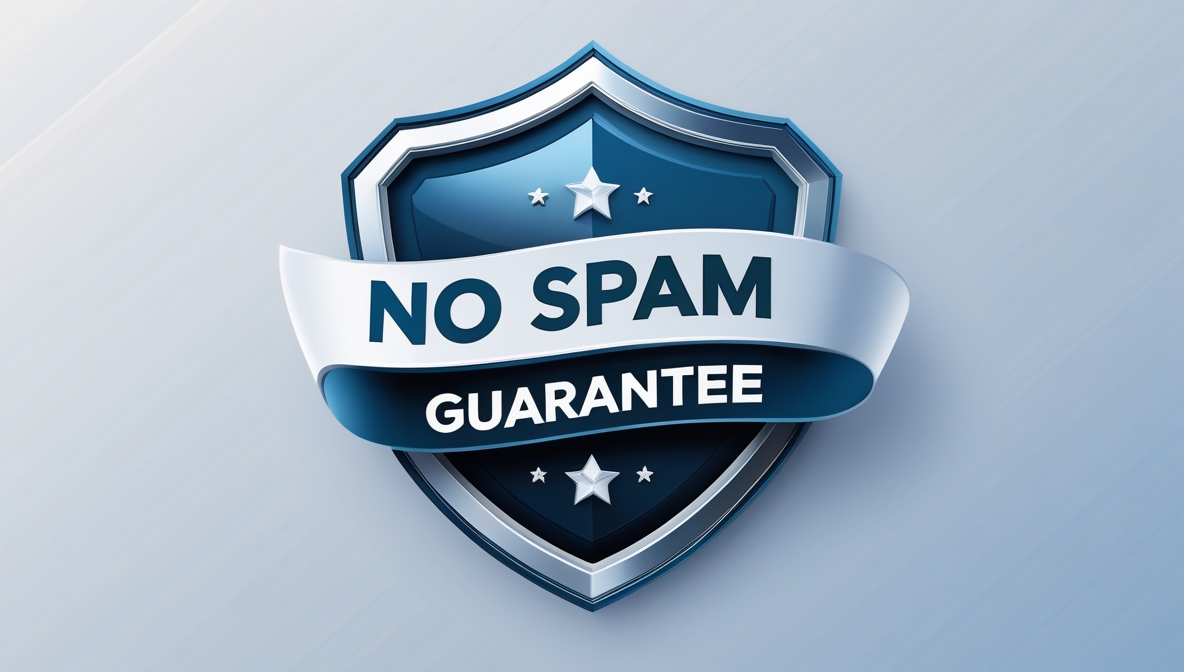This is a structured, practical model for creating and operationalizing an organizational AI policy. It defines the principles, processes, roles, and safeguards required to manage AI responsibly across its entire lifecycle—from development and procurement to deployment and decommissioning.
This framework to implement AI Policy is designed for real-world execution, aligning with leading standards like ISO/IEC 42001 and the NIST AI Risk Management Framework. It serves as both a governance guide and an implementation roadmap, enabling organizations to embed trust, accountability, and compliance into every stage of their AI initiatives.
This AI Policy Implementation Framework will help you...
This AI Policy Implementation Framework is a structured toolset that helps you make better decisions, faster, across the AI lifecycle. Each section connects directly to a deliverable, decision point, or governance need, giving you the clarity and confidence to move from principles to practice.
- Define roles and responsibilities across AI activities: Use the built-in governance structures and accountability chains to establish who owns what—from development to oversight—so nothing falls through the cracks.
- Assess and manage AI risk with confidence: Apply the risk taxonomy, impact assessment process, and lifecycle governance gates to decide when to advance, pause, or redesign AI systems based on tolerance thresholds.
- Customize your AI policy for build, buy, or sell scenarios: Leverage role-specific guidance to adapt your policy for internal development, procurement decisions, or customer-facing AI offerings—so you stay consistent without being rigid.
- Align with ISO/IEC 42001 and NIST AI RMF requirements: Use the mapped sections and implementation details to satisfy current or anticipated compliance obligations while avoiding duplicated effort.
- Establish clear documentation and audit trails: Follow the system-level and enterprise-wide documentation requirements to create records that support transparency, accountability, and regulatory defense.
- Support workforce and stakeholder engagement: Apply the workforce training and stakeholder consultation guidance to build organizational readiness and trust, internally and externally.
This framework translates abstract AI principles into concrete, auditable decisions, enabling you to scale AI responsibly without slowing innovation.
Whether you’re building AI in-house, sourcing third-party systems, or bringing AI products to market, the Enterprise AI Policy Implementation Framework helps you establish risk-aware, standards-aligned, and enterprise-ready AI governance without starting from scratch.
Put structure behind your AI strategy—download the Enterprise AI Policy Implementation Framework today.


